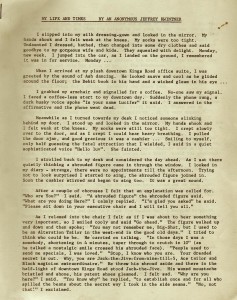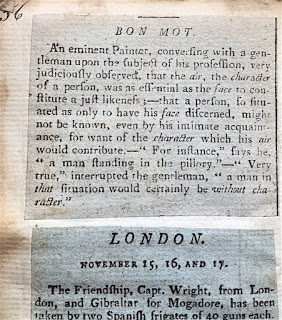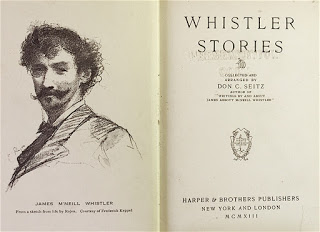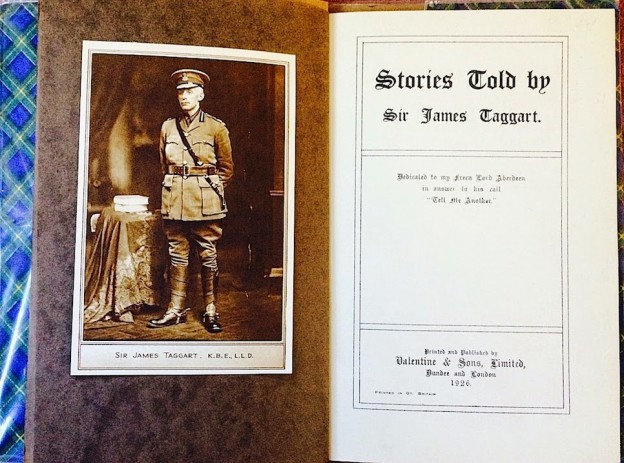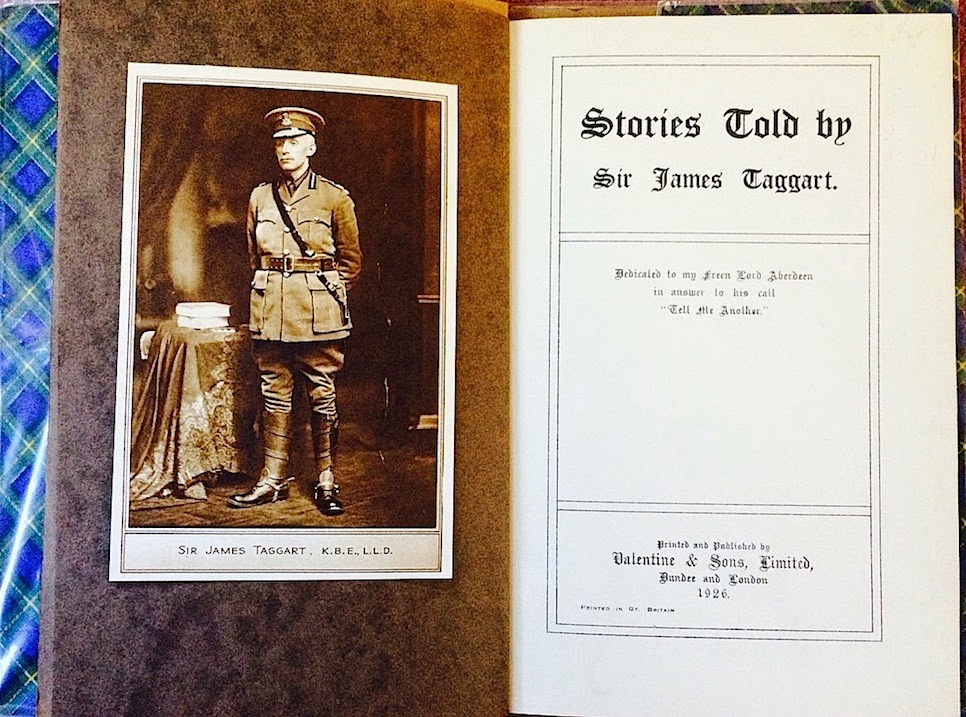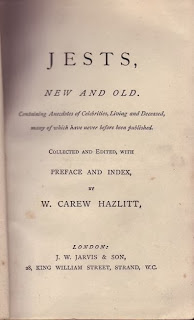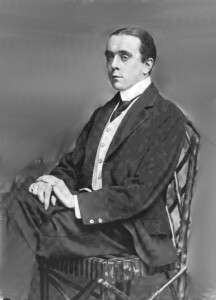 In The C. O. Jones Compendium of Practical Jokes(1982) Richard Boston narrates some entertaining anecdotes concerning the humorist Max Beerbohm. Most of those involving the ‘ alteration ‘ of books remind us of the hilarious alterations made in the ‘50s and 60s by Joe Orton and Kenneth Halliwell on books borrowed from Islington Public Library, where they are still displayed. It is possible that the two men got their idea from Beerbohm.
In The C. O. Jones Compendium of Practical Jokes(1982) Richard Boston narrates some entertaining anecdotes concerning the humorist Max Beerbohm. Most of those involving the ‘ alteration ‘ of books remind us of the hilarious alterations made in the ‘50s and 60s by Joe Orton and Kenneth Halliwell on books borrowed from Islington Public Library, where they are still displayed. It is possible that the two men got their idea from Beerbohm.
One joke, according to Boston, was played on ‘a volume of exceptionally solemn poems by a dullard called Herbert Trench ‘. Boston doesn’t identify the collection, but since it contained a ‘ romantic dialogue between Apollo and a mariner ‘ it was definitely Apollo and the Seaman(1908).This is what Beerbohm did.
‘With a sharp knife and painstaking care Max scraped out the aspirates at the beginning of every word beginning with ‘h’ spoken by the mariner, and substituted an apostrophe. The result was that a speech intended to be of a classical dignity was turned into straight Cockney. Max then sent the book to the author, commenting that he had notpreviously come across this edition of the book.
The work had been done so carefully that it appeared to be perfectly genuine. At first Trench was horrified. When he tumbled, he was offended. Max made it up by explaining to Trench that he considered him to be a true poet —-‘Otherwise there wouldn’t be any fun in making fun of you’.
Some lines altered by Beerbohm may have appeared thus:
Apollo: “ And whence did that craft hail, sailor,
Of which you seem so fond ?”
Seaman: “ It was some ‘ arbour of the East
Back o‘ beyond, back o’ beyond. Continue reading

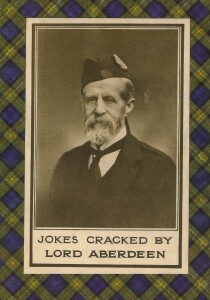
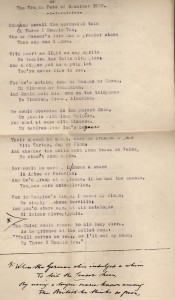
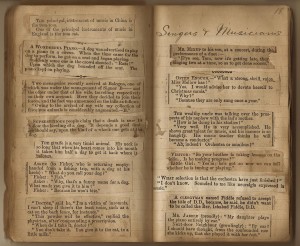
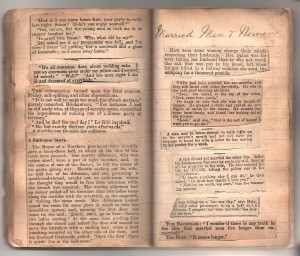 In an earlier Jot we selected at random some pretty witty items from an Edwardian comic’s gag book composed of clippings from newspapers and magazines. Here are some more. Astonishingly, most sound so very modern in their style of humour. None of them contain puns.
In an earlier Jot we selected at random some pretty witty items from an Edwardian comic’s gag book composed of clippings from newspapers and magazines. Here are some more. Astonishingly, most sound so very modern in their style of humour. None of them contain puns.